Traditional Korean Lunch li mi n l mi n There is no difference We use both But my friend said her child is learning they are the same word but we usually use on writing Basically Taiwanese use and Hong Kongers use but the other is also understandable Chinese use as simplified and as traditional Sometimes HKers use
In his plays he takes simple traditional tales and elaborates them I m interested only in the first item Can I make the next conclusion from this definition and if not then why If we want to convey the first meaning of the verb to elaborate we can use both to elaborate on something and to elaborate something Mandarin Chinese Mandarin Chinese 1 A person who is from China is Chinese 2 The language Including Mandarin Cantonese and Simplified Traditional script Mandarin Spoken language of Most of China and Taiwan Cantonese Spoken language of Hong Kong and such places
Traditional Korean Lunch

Traditional Korean Lunch
https://i.ytimg.com/vi/DTPpnAk1eS8/maxresdefault.jpg
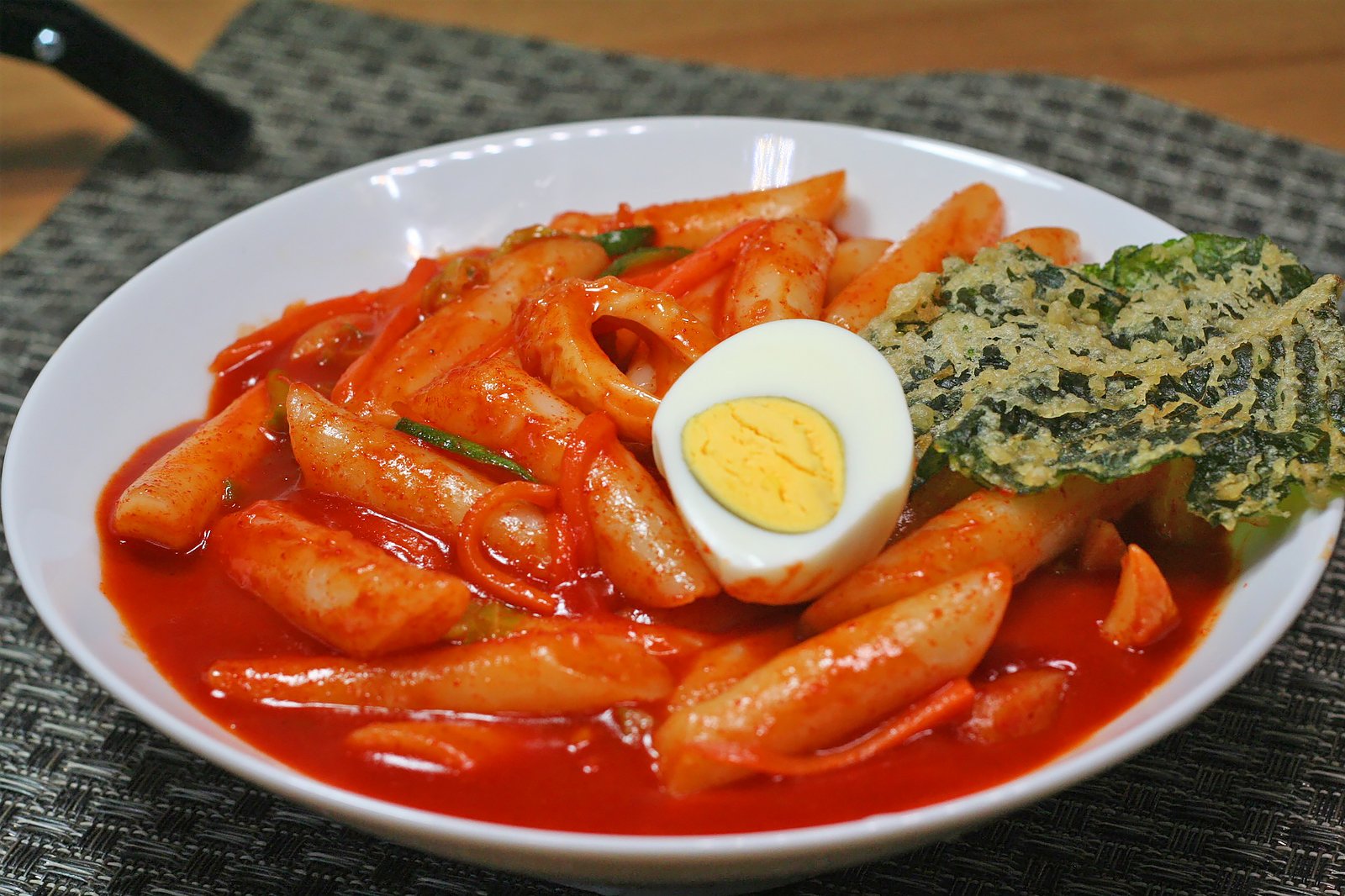
Evelin Rankin
https://a.cdn-hotels.com/gdcs/production65/d1648/71fa270d-179e-47b5-be14-684ff9b90659.jpg

Korean Lunch Box South Korean Food Bento Cobb Salad Lunch Box
https://i.pinimg.com/originals/ac/b9/7b/acb97b836acd60077027acd365942d4f.jpg
The difference is that minded in traditional minded isn t a past participle It s an adjective formed from a noun compare for example open minded or level headed That said you may come across traditionally minded too Neither option is particularly common a Google search throws up only about 160 hits for both traditional minded and traditionally minded j n gu n j n gu n Actually there s no such word as However the word and are both written as in simplified chinese so sometime when you translate simplified to traditional chinese these kind of mistakes happen TheKentishGuy We only use this word in traditional mandarin This s wrong word
I find the expression themed on whose theme is more and more popular in high school essays in China such as Last week witnessed the first Culture Festival themed the Beauty of Chinese Traditional Culture held by our school Last Wednesday witnessed an activity themed on Elegant Art As I grow grew up in Korea I naturally prefer eating traditional Korean cuisine I m not sure because I think growing up refers to the period from birth to adulthood 18 years old in most places
More picture related to Traditional Korean Lunch

Cooking Gallery Boys Over Flowers Bento Food Art Bento Japanese
https://i.pinimg.com/originals/b0/d0/d4/b0d0d4042a7805a23cc104164e87fe60.jpg

Lunch Box Korean Drama Anti Vuvuzela
https://futuredish.com/wp-content/uploads/2020/05/Korean-Lunchbox-Dosirak.jpg
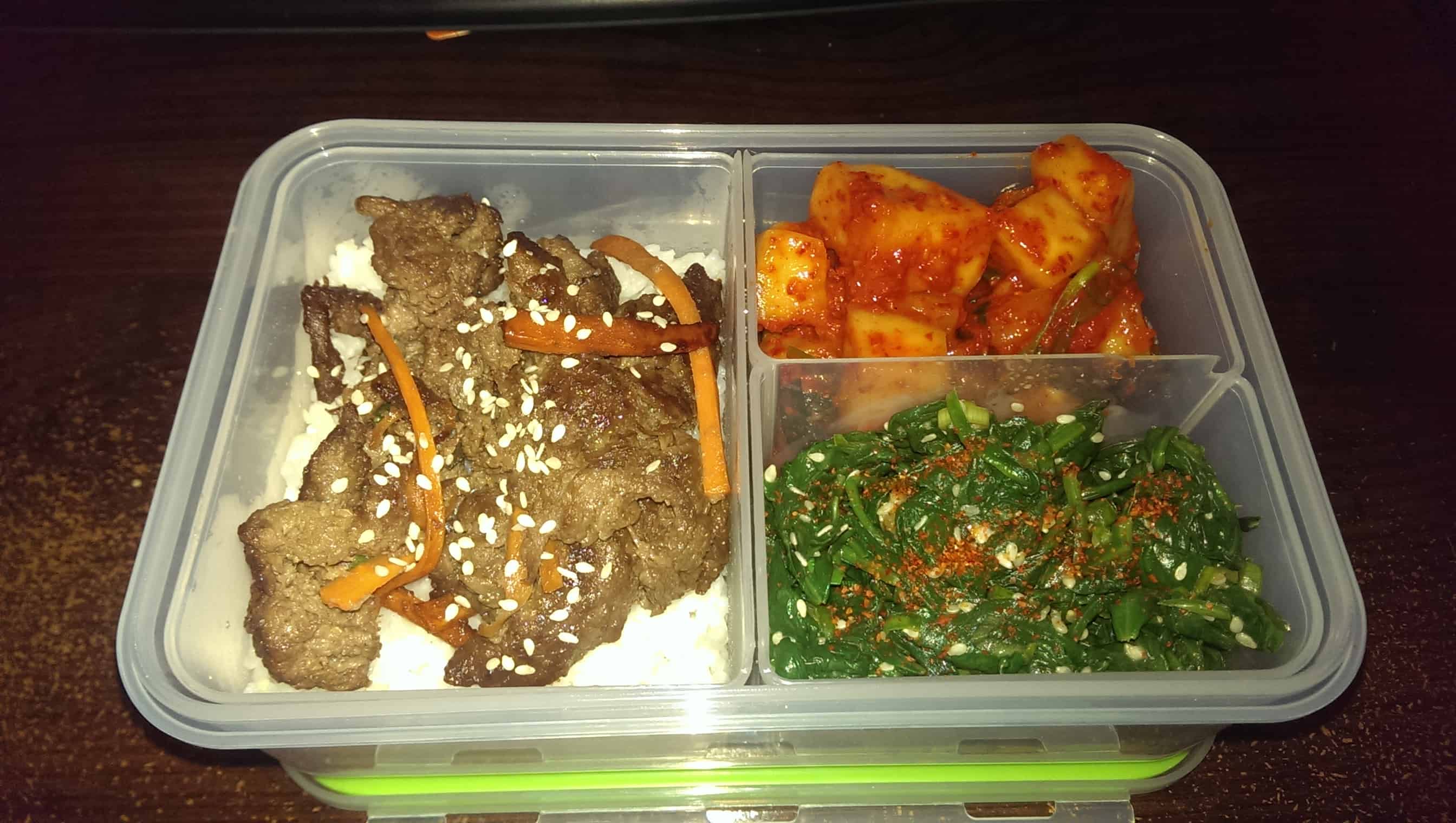
Lunch Box Korean Drama Anti Vuvuzela
https://www.maangchi.com/wp-content/uploads/2017/04/imag2248.jpg
In Taiwan knowledge of about 4 000 traditional characters is necessary for reading a newspaper and for most other common purposes while in mainland China only 3 000 simplified characters may be adequate In 1952 literacy for peasants was defined as knowledge of 1500 characters and literacy for workers as knowledge of 2000 characters is a concept in Chinese traditional medicine There is no such a thing practically in the world If you DO have to translate it disturbing the peacefulness of the fetus might be one you are looking for However after that you may still need to explain to the westerners what kind of peacefulness is disturbed because again there is no such a thing
[desc-10] [desc-11]
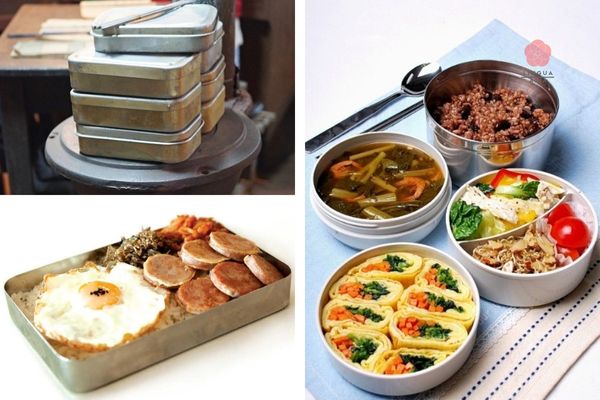
Lunch Box Korean Drama Anti Vuvuzela
https://linguasia.com/wp-content/uploads/Lingua-Asia-Nostalgic-Korean-Lunch-Box.jpg
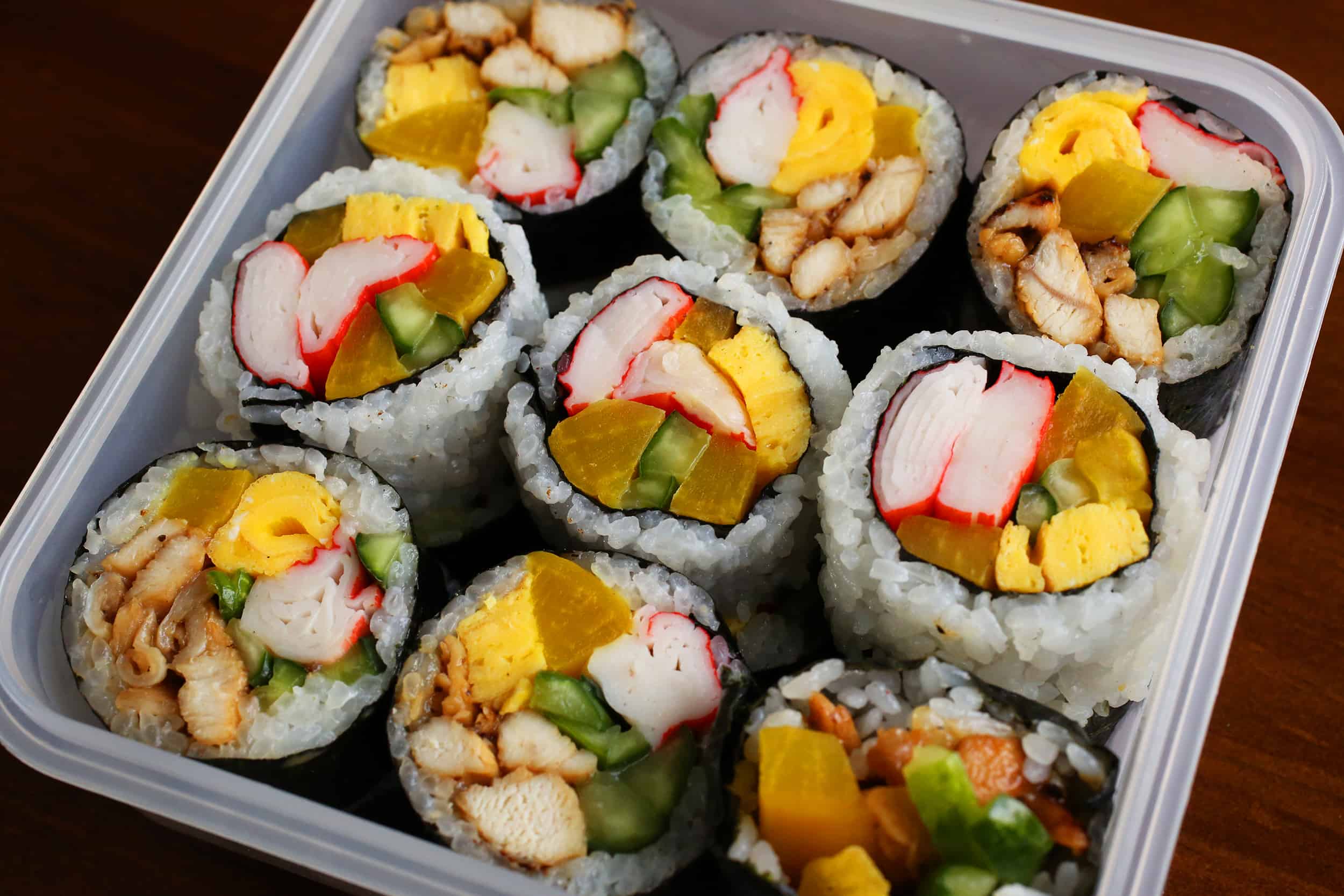
Korean Food Photo Picnic Gimbap Maangchi
http://www.maangchi.com/wp-content/uploads/2015/09/gimbap.jpg

https://tw.hinative.com › questions
li mi n l mi n There is no difference We use both But my friend said her child is learning they are the same word but we usually use on writing Basically Taiwanese use and Hong Kongers use but the other is also understandable Chinese use as simplified and as traditional Sometimes HKers use

https://forum.wordreference.com › threads › to-elaborate-something-as-t…
In his plays he takes simple traditional tales and elaborates them I m interested only in the first item Can I make the next conclusion from this definition and if not then why If we want to convey the first meaning of the verb to elaborate we can use both to elaborate on something and to elaborate something
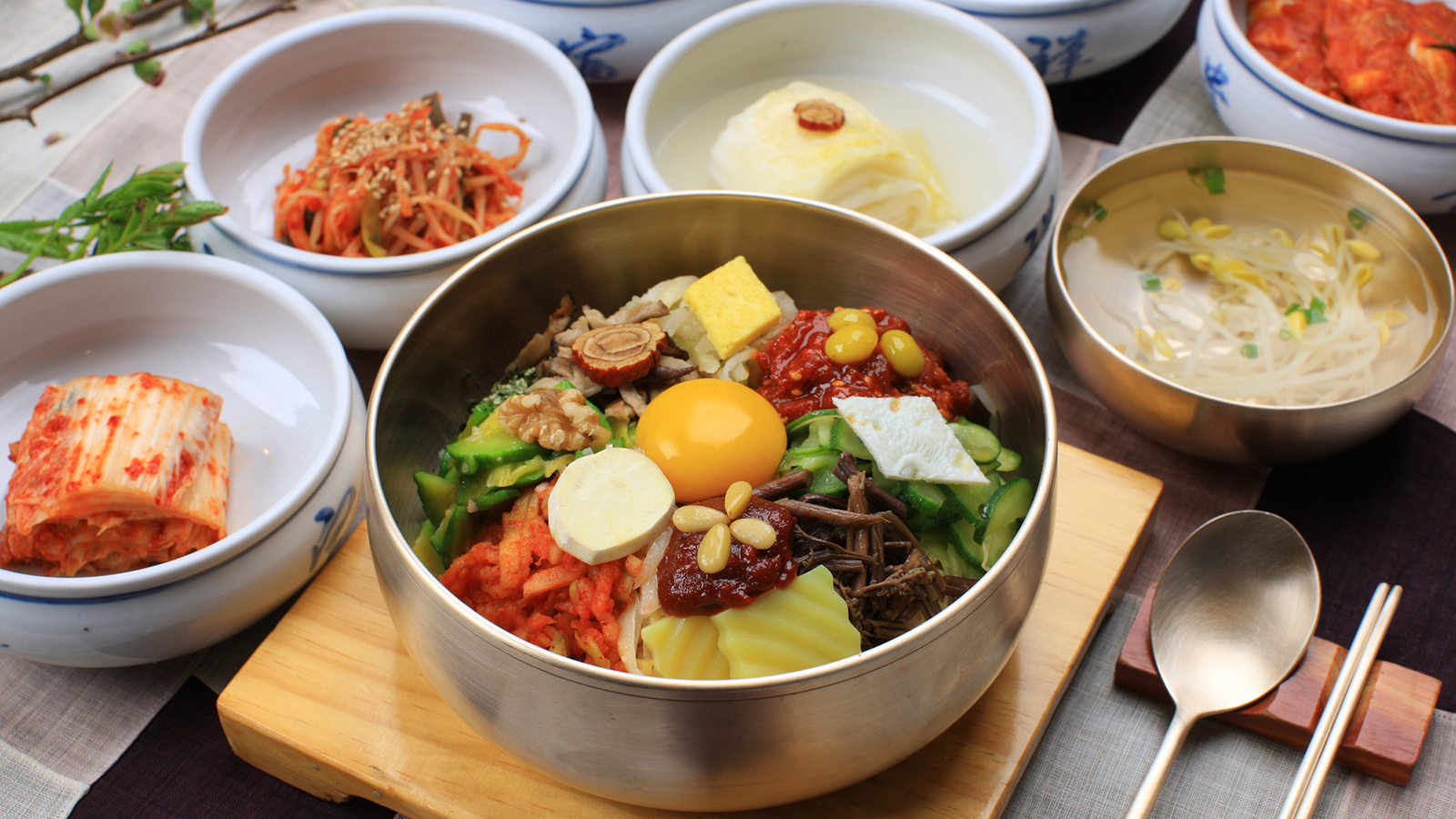

Lunch Box Korean Drama Anti Vuvuzela
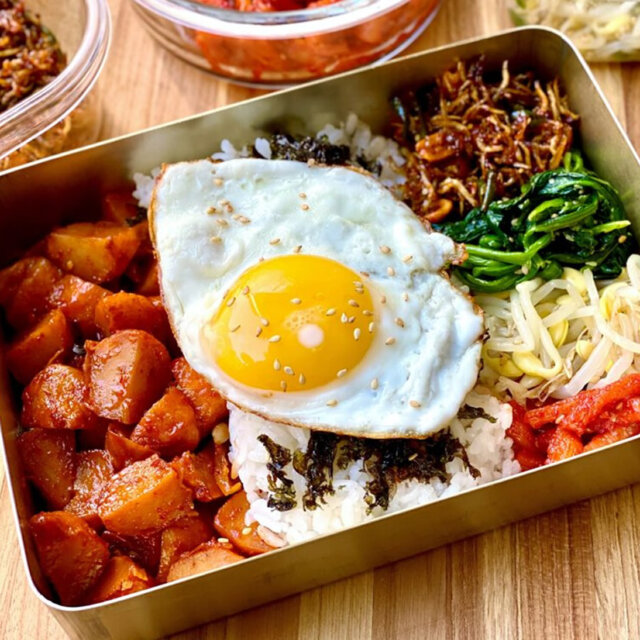
Korean Bento Boxes 3 Fascinating Dosirak Lunch Boxes
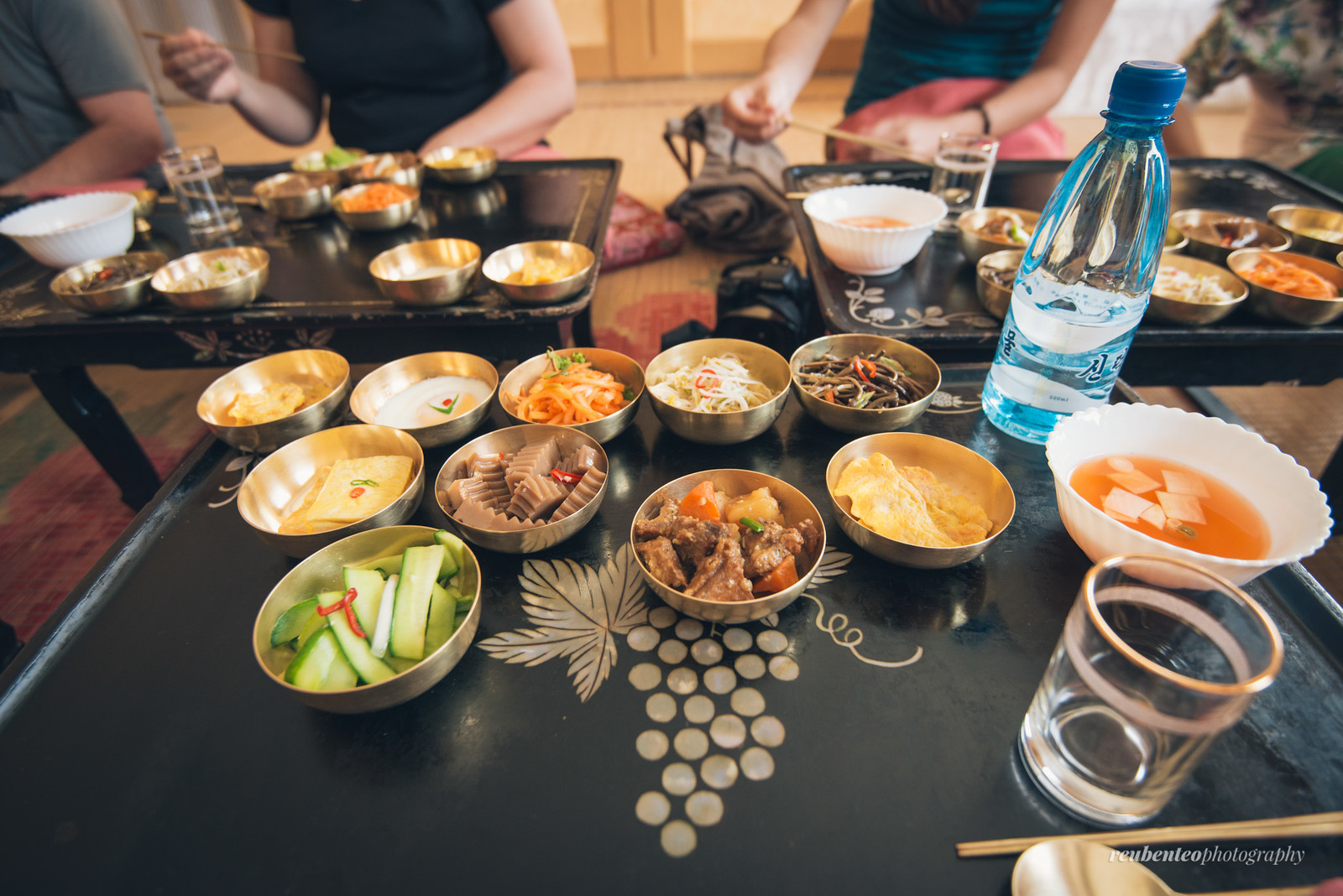
Food From North Korea Reuben Teo Photography Designer

Santa Claus Pointing UGOKAWA
/classic-korean-bibimbap-recipe-2118765_20_preview-5b1ee284ba61770037c8ad38.jpeg)
Classic Korean Bibimbap Recipe
/classic-korean-bibimbap-recipe-2118765_20_preview-5b1ee284ba61770037c8ad38.jpeg)
Classic Korean Bibimbap Recipe
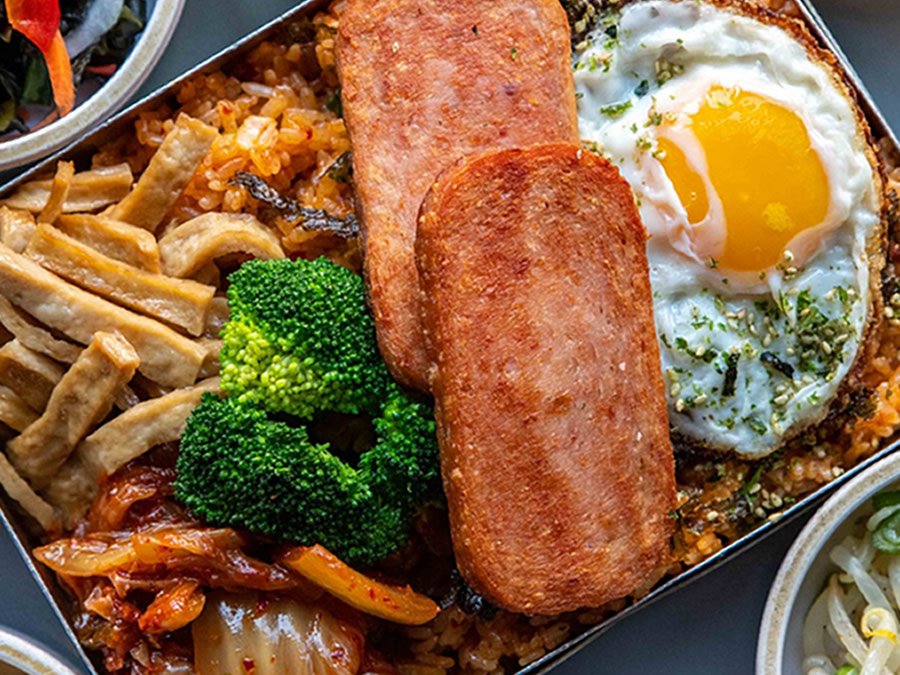
Korean Bento Boxes 3 Fascinating Dosirak Lunch Boxes
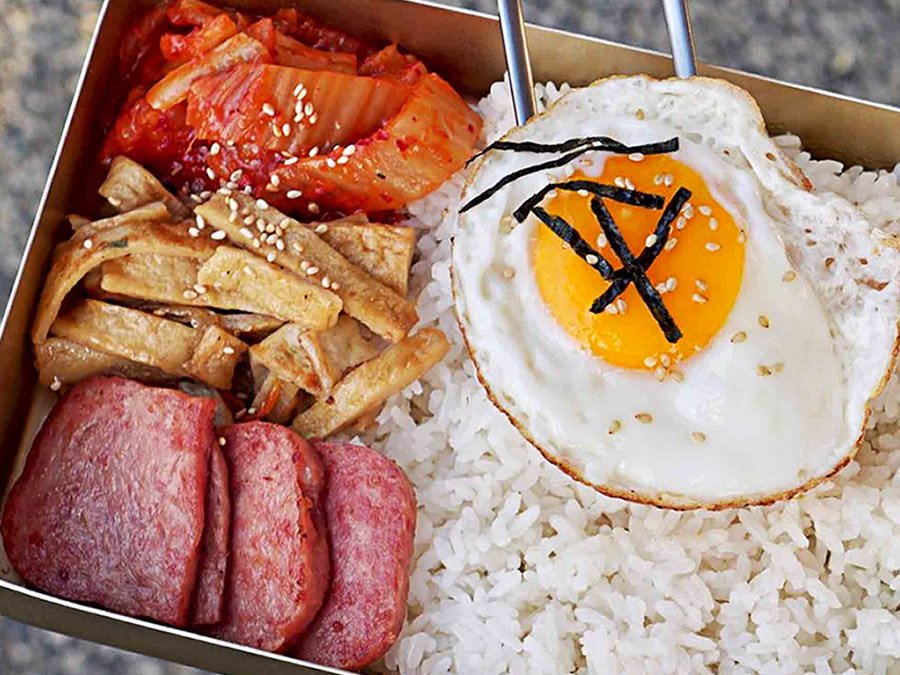
Korean Bento Boxes 3 Fascinating Dosirak Lunch Boxes
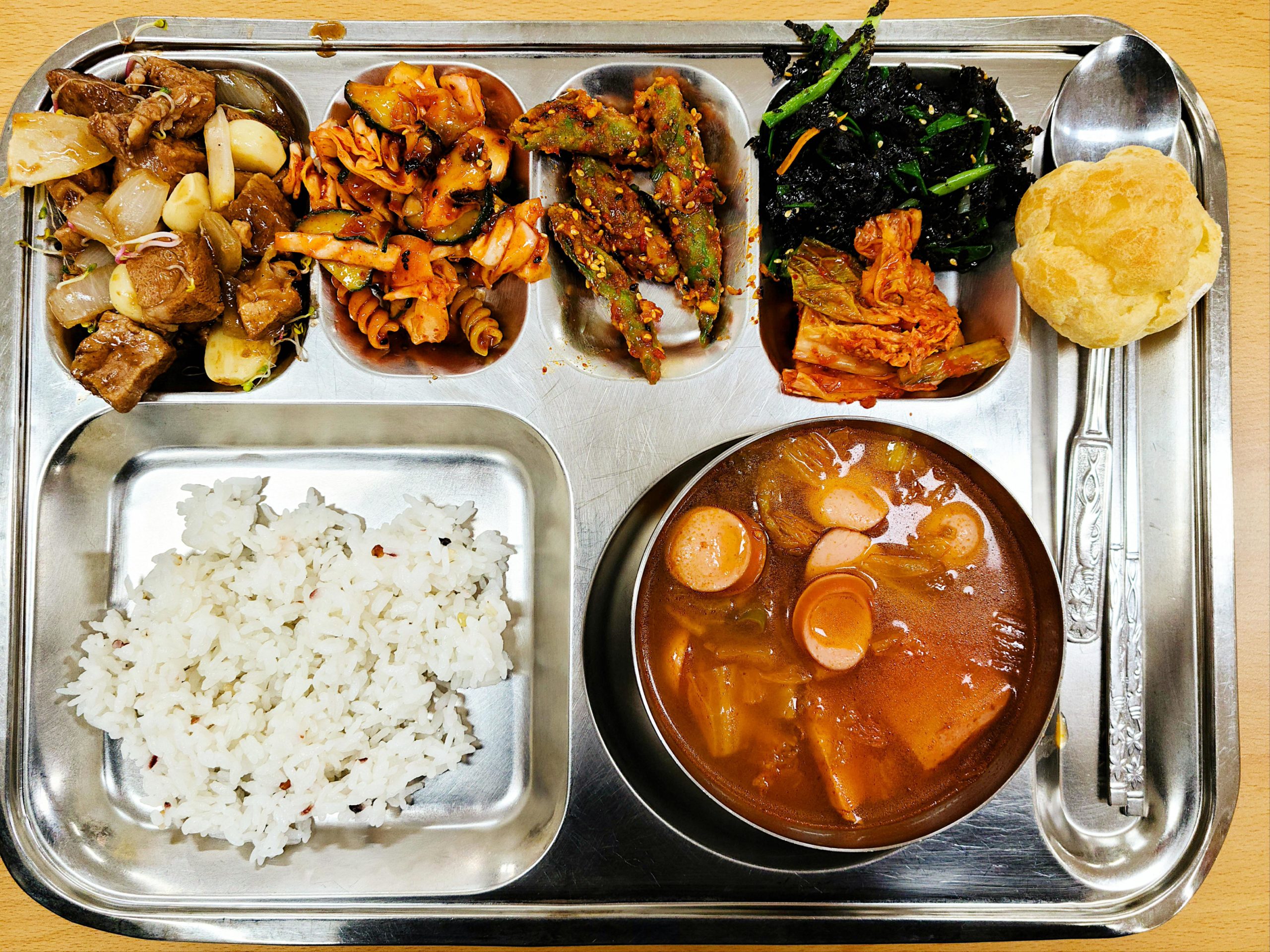
Daily Korean Lunch 101 Dining And Cooking
Traditional Korean Lunch - j n gu n j n gu n Actually there s no such word as However the word and are both written as in simplified chinese so sometime when you translate simplified to traditional chinese these kind of mistakes happen TheKentishGuy We only use this word in traditional mandarin This s wrong word